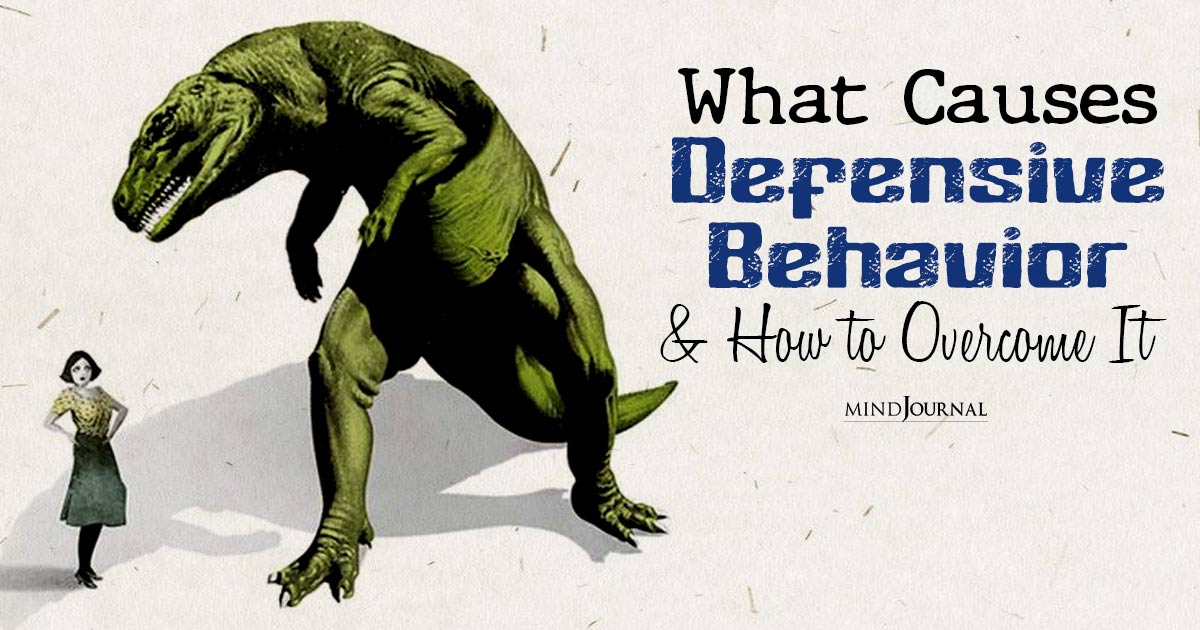Not many people know this but humans remain stuck at the mental age where they received the least love from their parents.
Do you meet people who are physically in their 30’s or 40’s but are stuck in their early childhood years? Do you think you are also one of them?
Well, you need not worry as this is just a normal human tendency. People stay in the childhood state until they learn to love themselves.
Every child is different and different are their needs as well. But there are some basic things which every child goes through.
These things change with age and thus the needs themselves become different for each age group.
Stage 1
The most basic need of a child is the mother’s love and attention especially the one of the early childhood, where love is represented by the compassion and concern of the mother. If the mother dismissed the needs of the child at this age, the child feels afraid of his/her well-being.
In adulthood, this can cause serious problems in relationships and social connections. The person can develop major trust issues as well.
Stage 2
After the early years (2-4 years) the child gradually develops self-control. He/she (we’ll use ‘she’ from now on for the sake of convenience) learns to walk and to talk. Her motor skills are also developing at this age.
So if she is neglected by her parents, and is expected to do things which are out of the scope of her abilities, then the child (she) might develop a constant feeling of shame.
But on the other hand, if the parents are too overprotective, then she will never be able to learn the hard lessons of life. Also, she will start to doubt her own ability to do things. She will start seeking approval from others and in the long run, this can cause many mental health problems.
Read about : 8 Toxic Things Parents Do That Keep Their Children From Being Successful
Stage 3
The next phase is between 4-6 years. This is the prime period of the development of a meaningful sense of the world. The child will have infinite questions for you. There will be a ‘why’ and a ‘how’ with each and everything.
During this period the child (she) needs support from you for her initiatives and curiosity. But if the parents react repulsively towards her creative mind, then she may develop the feeling of guilt inside her.
So when these kids grow up, they do not have the required focus and mental stimulation for any amount of creative work. They also lack the determination to set goals and to work hard for them. The guilt that was created in the childhood days results in passivity, frigidity, and psychopathic behavior.
Read about : 15 Things You Can Do When Co-Parenting With A Psychopath
Stage 4
The next age is of school-going kid. Schools are important for imparting values in the child. If the parents doubt her ability to compete with her peers, she may get discouraged and develop a feeling of inferiority. Thus inferiority complex destroys her ability to work effectively and leaves no reason for her to exist in the world (in her head).
If you are stuck in the same situation as of her (our child in the discussion), then I suggest you give immediate help to your inner child. You are now responsible for your own growth.
To do this, imagine yourself as a child. Make your imagination more clear and elaborate. Think of your age. How do you look? What are you thinking! What problems are you facing?
Grab a paper and take two different colored pencils. You’ll use both the hands for writing, the dominant hand for your adult self. Now talk to your inner child.
When you are talking to the child, start focusing on creating a strong bond based on understanding and help. Ask the child what is missing in his/her life? Provide the child what he/she is looking for. Ask personal questions and show as much love as you can.
You need to be patient with the approach. It might take weeks and even months for your inner self to forge a strong relationship with you.
But you have to understand that the child has been suffering in this one state of being for a long, long time. You need to be extremely empathetic towards the emotions and needs of the child. And slowly you’ll find that the scars of your inner child are healing. You’ll feel better and stronger, ready to accept any challenge thrown at you.
Remember that many other people are stuck in the same vicious trap. So you have to change your outlook towards the world. Think of everyone as they are also struggling to find the way out of their miseries.
Love yourself!
The Minds Journal Articles Volume -1 is Copyright Protected vide Regd.# L-103222/2021












Leave a Reply
You must be logged in to post a comment.